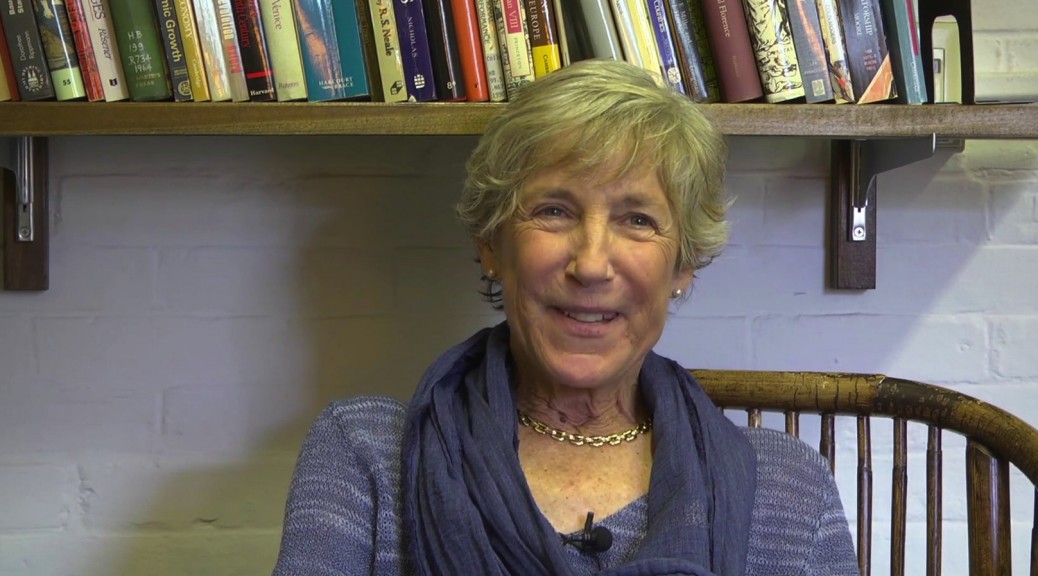MARTHA HOWELL
Miriam Champion Professor of History
IRWGS Director, 1989-94
Then we did the search for Maggie Sale as assistant director, an administrator position with instructional responsibilities. Maggie was—she came right out of women’s studies, very leftist. She was convinced that there was a discipline of women’s studies. She was, in a way, a breath of fresh air because what we were doing just mystified her. She couldn’t understand why we weren’t having a revolution, and she was very active. She organized junior faculty reading groups and things like that, worked on her scholarship with other young people, and had her own agendas that she pushed. It was good to have her here because she was that other vision of what women’s studies should do and could do. She was very good to have organized junior faculty.
One of the things—I mean, this is just Jean Howard’s and my blind spot. Jean founded—it’s still called the Jean Howard Reading Group. She started a reading group—it still exists—that’s only tenured women. The idea was that you can’t have a reading group where people are brutally honest with each other with untenured people. First, they won’t dare be critical, and you’ll crush them. You might have a lot of critical comments to make about a junior faculty’s work, but you need to do that privately. I thought Jean was right about that, but what that set up was, in other people’s minds—which we’re looking around saying, what?—that there was a secret group of senior women. Then there were more and more junior women. So Maggie immediately rectified that, and that was good. It set a precedent, I think, in which junior women get together. She said, “I’m starting a junior reading group. You won’t let me into yours.” She wanted to join ours. I said, “No, let me explain to you the logic,” and she looked at me like I was talking Turkish. There’s a logic to both sides. Now, I must say, that at Rutgers, there would have been no question but that untenured and tenured women were together. Graduate students would have been in the group. It was just a different place. Which was interesting, and it would have worked at Rutgers. Partly because at a state university you write your book, then you get it published with a good place, and you get good review, you get tenure. That doesn’t happen here.

